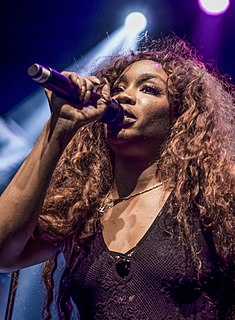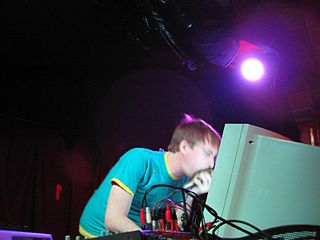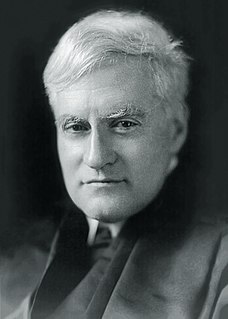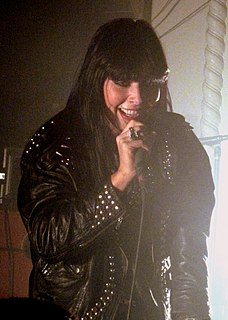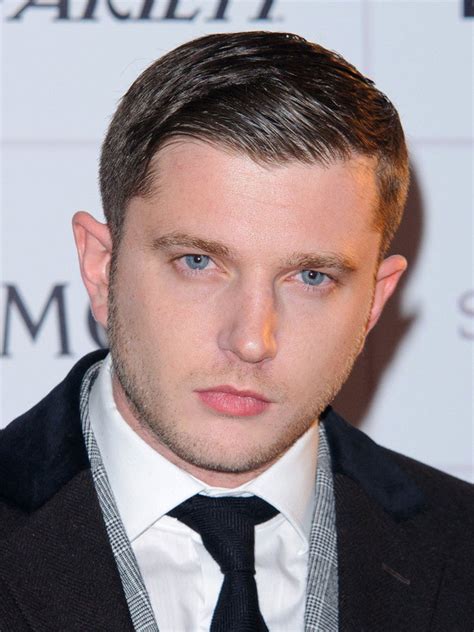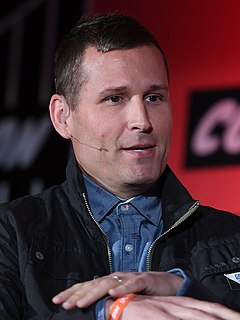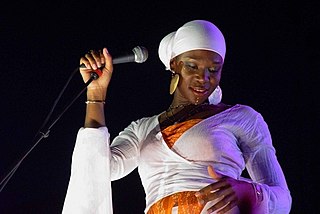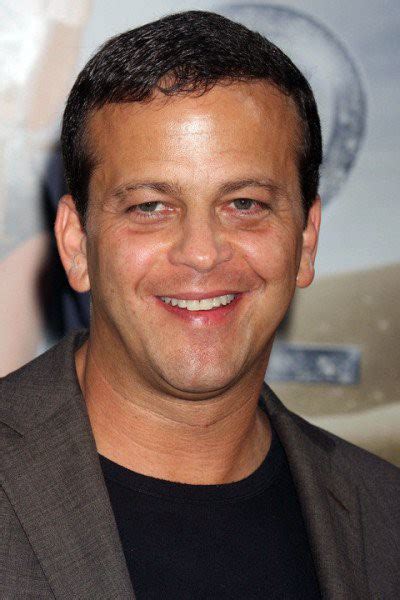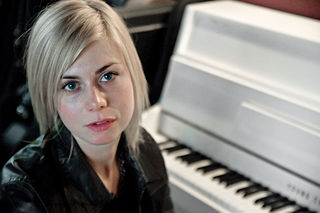A Quote by John Tesh
When I was first writing, I was writing mostly about sporting events, which was really what my assignments were. I was working on the Tour de France bike race and the Barcelona Olympic Games, and those songs tend to be very big, very bombastic-type music, which is the type of music that I love to write.
Related Quotes
I have always struggled with expressing emotion, I used to think I was a very hard person but music has shown me I'm a big softy! Writing songs to me really is like writing a diary, it's very private and very personal. My most emotional songs have been written alone in a locked room, I'm able to express myself there.
I hadn't played any music since freshman year of college, more than thirty years ago, so I had to relearn everything. I started writing songs. Some were dance and trance songs (I listen to them a lot while I'm writing), and some were love songs, because that after all is what music is about - dancing and trancing and love and love's setbacks.
Everybody has their own approach to songwriting. When you're an electronic musician, the whole writing process just depends. Some people have a very live way of writing electronic music, very improvisational. They set up a lot of gear and do live takes. I'm concerned with having a specific kind of sound. There's not one second that I haven't put thought into. I put almost as much time into my live shows as I do into writing music, but they're two completely different processes. Some people think the way I perform live is how I write songs, which isn't true at all.
As I search the archives of my memory I seem to discern six types or methods [of judicial writing] which divide themselves from one another with measurable distinctness. There is the type magisterial or imperative; the type laconic or sententious; the type conversational or homely; the type refined or artificial, smelling of the lamp, verging at times upon preciosity or euphuism; the demonstrative or persuasive; and finally the type tonsorial or agglutinative, so called from the shears and the pastepot which are its implements and emblem.
When Derek Miller and I started working together, we had a very clear vision for the sound of the band. It was one which combined our favorite musical elements: driving guitars, bombastic beats, and female vocals. We've always been interested in making music that is essentially pop but that steps outside of the traditional formula into a stranger, more abrasive world. We love that our music makes people dance with complete abandon and feel empowered. It's very uninhibited music, and that's what makes it so fun.
I write songs by sitting around in bars, so drinking songs are a little obvious. It's surprising that I don't write entirely drinking songs, since I am, in fact, drinking while writing the song. Drinking and love are the two principal sources of pleasure outside of music. There's only so many sources of pleasure, really. That's about it. Well, there are other arts as well. But none of them are as pleasurable as music, on a physical level.
I was a soul singer first and I'd write love songs. I find with soul music it's really hard to write about anything else. But I was 15 at the time when I was doing that and, to be honest, I'd never experienced love, so the words were kind of meaningless. With hip-hop music, it allowed me to talk about political and social things but also to tell stories.
At the beginning of my career, I saw an opportunity to forge new ground and focus on songwriting. Not many people were doing that at the time. Pretty much nobody. I thought I could write some really cool songs that would rise above all these dozens of genres that exist within dance music. I'd make it more about the songs. For the last 20 years, I've been sharing stories of my life through music. I've been writing songs about my life.
I really do seek to create music that is timeless, ... Each project takes on its own life, and the songs from "A Time To Love" are the most appropriate for the statement I wanted to make...The most important thing is, when I do give the music, I'm satisfied with it, that it speaks for what I want to do...It is a different kind of lyric; it's very picturesque. I can see everything that I'm writing, I can visualize all those things happening.
Film writing and concert writing are two very different things. In film writing I am serving the film and it tells you what to write. I have to stay within the parameters of the film. In writing concert music for the stage I can write anything I want and in this day and modern age rules can be broken.



